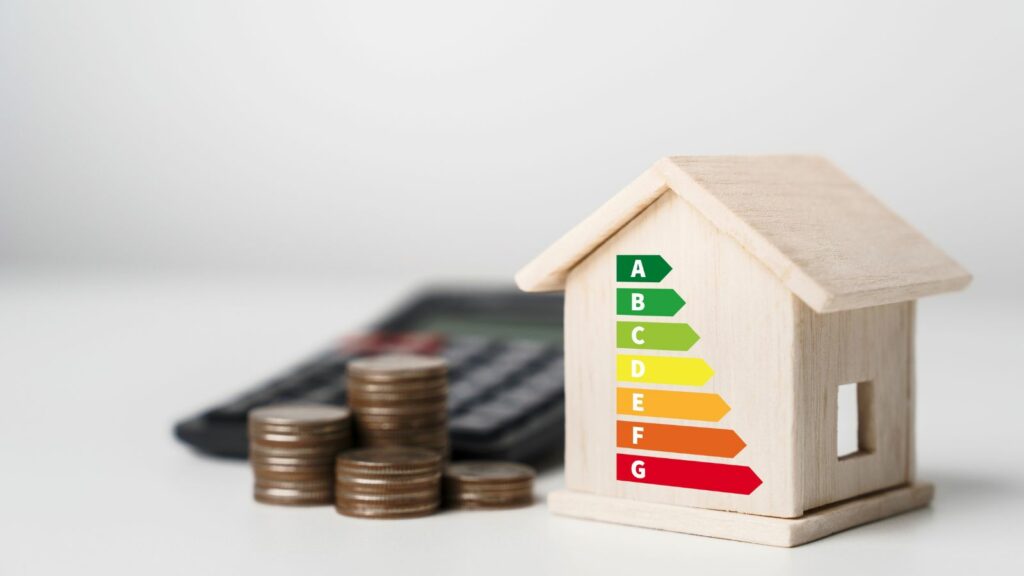The U.S. rental market is experiencing dramatic changes that are having significant effects across the country. With rising housing prices, interest rates and high demand more people are renting than ever before, leading to a lack of affordable places to live. We look at 20 surprising ways the housing market is affecting renters nationwide:
Rising Rental Prices
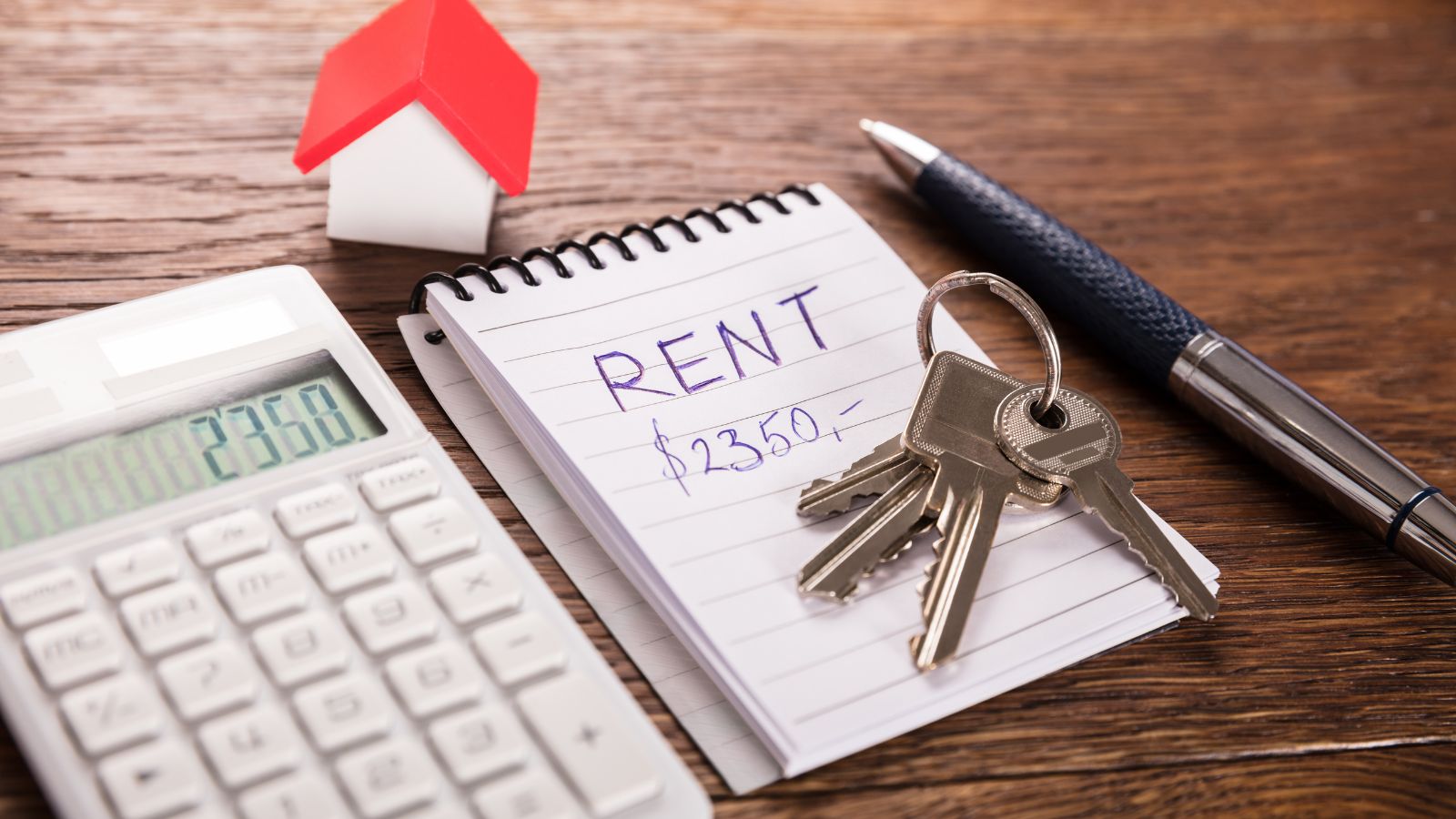
As home prices soar, so do rental prices. Many renters are struggling as a result of landlords raising rent in response to rising demand from people who are priced out of owning. Rent increases in several locations have risen by double digit percentages, severely straining household finances.
Decline in Rental Availability

With more people renting due to unaffordable homeownership, the supply of available rental units is shrinking. Renters now have a tougher time finding homes or flats that meet their needs due to the restricted supply, and in many areas, competition for available units has been fiercer.
Increased Competition for Rentals

In many urban and suburban areas, competition for rental units has become fierce. Due to the scarcity of reasonably priced housing, tenants frequently face competition from other applicants, which raises rental costs and makes it more difficult to get a lease.
Rising Security Deposits
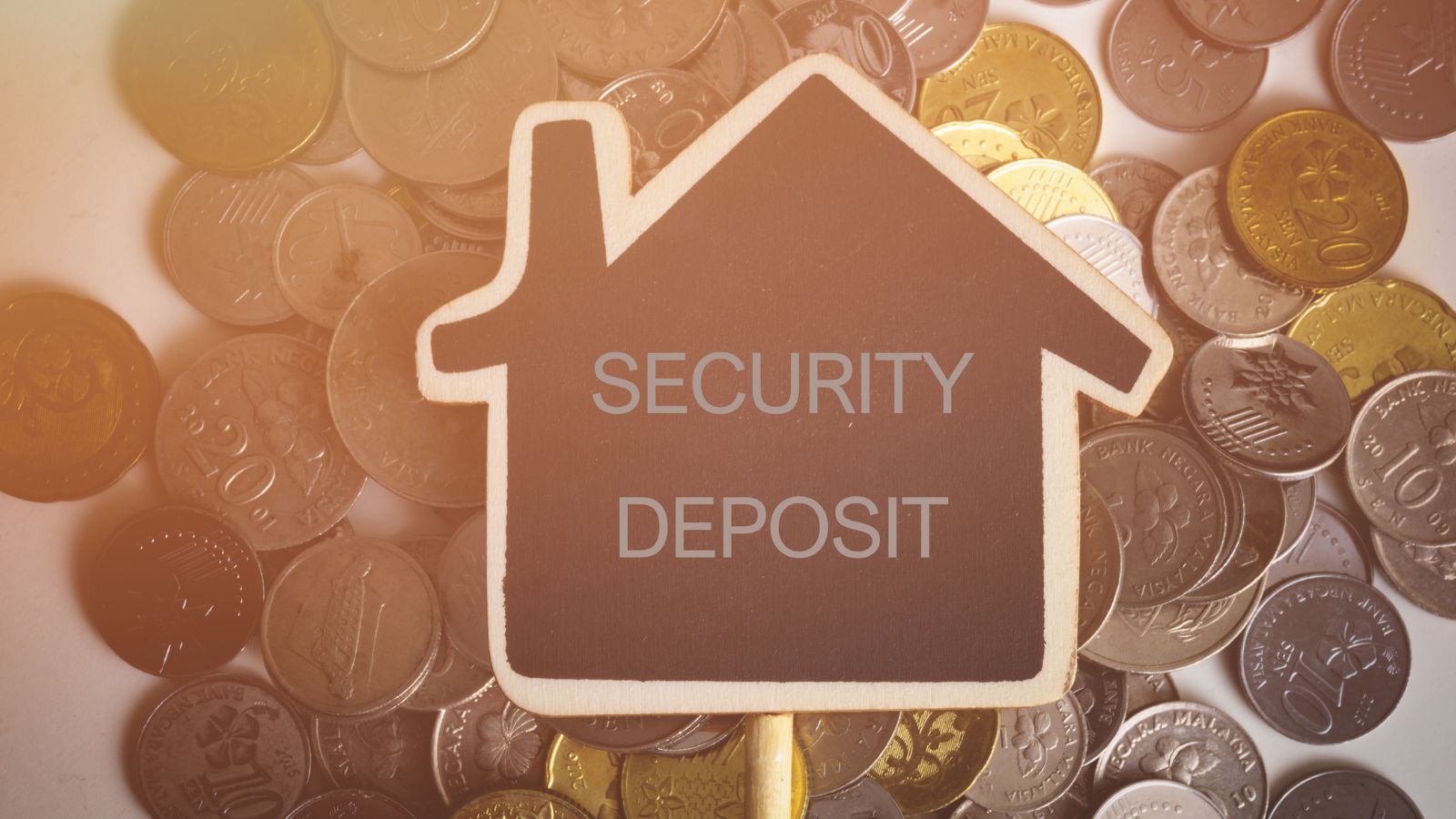
As landlords face higher operating costs, many are increasing security deposit requirements to mitigate financial risks. For renters, this means higher upfront costs when signing a lease, making it harder to save or budget for other essentials.
Longer Lease Terms

In some regions, landlords are offering longer lease terms, locking renters into contracts of 18 months to two years. While some renters find security in this, it can also be restricting, especially in the event of job transfer or other life circumstances that reduce tenants’ freedom.
Shorter Lease Renewal Windows
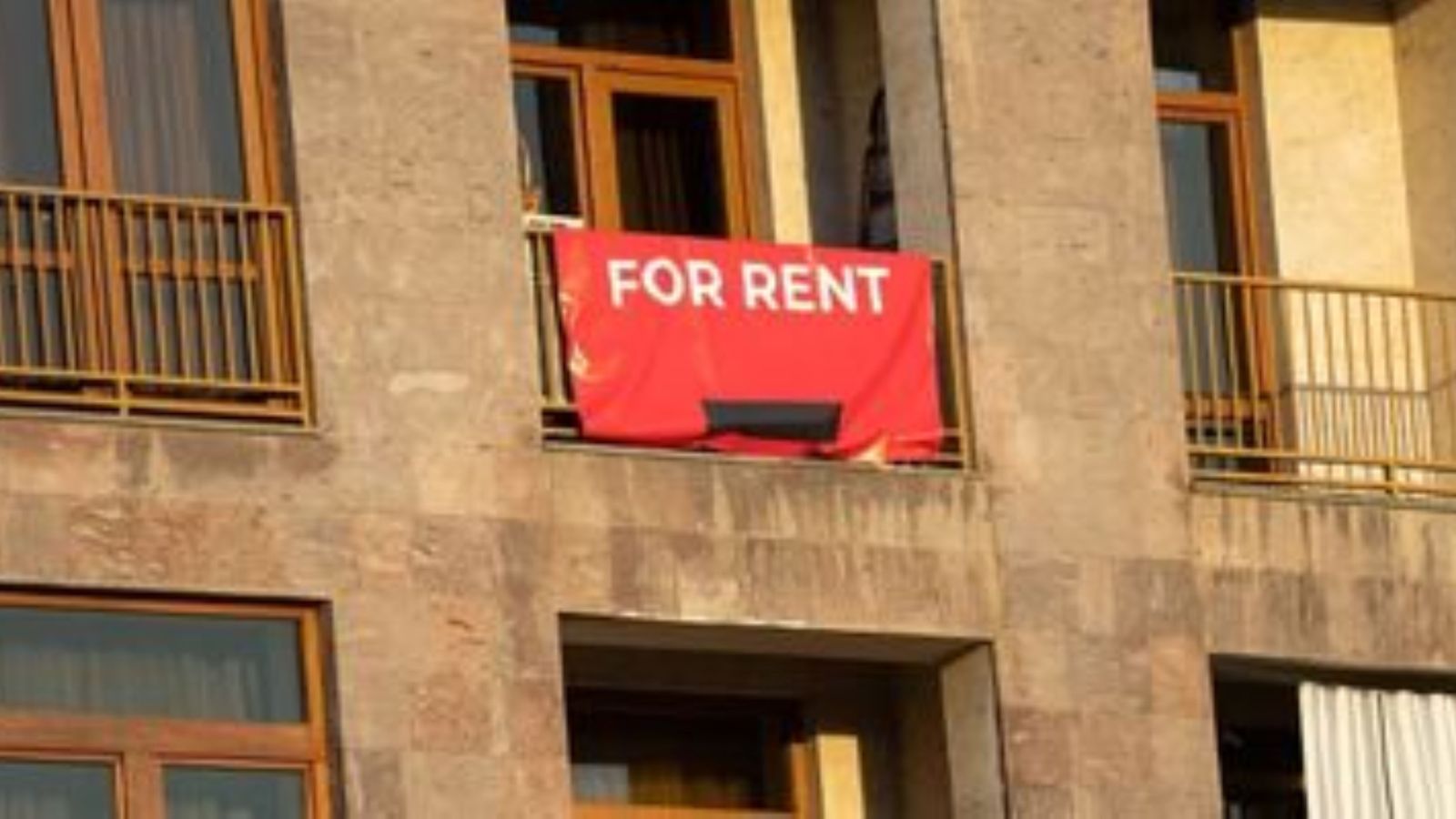
Conversely, many landlords are reducing the time renters have to renew their leases, sometimes offering only a 30-day renewal window. This short notice puts pressure on tenants to make quick decisions and limits their ability to explore other rental options before committing.
More Stringent Credit Checks

With the rental market in high demand, landlords are becoming increasingly selective. Many now require higher credit scores, which can shut out renters with less-than-perfect credit histories, even if they have the ability to pay.
Renters Paying Premiums for Pet-Friendly Housing

Finding pet-friendly housing is becoming more expensive. Many landlords are adding hefty pet fees, deposits, and monthly pet rent to leases, making it harder for renters with pets to find affordable and accommodating homes.
Rent-to-Own Schemes Becoming Popular

With homeownership out of reach for many, rent-to-own schemes are emerging as an alternative.But, these contracts often come with higher rents and strict conditions, and some renters end up paying more than the property is worth or face challenges transitioning to full ownership.
Increase in Corporate-Owned Rentals

The rental market is changing as corporate landlords, including real estate businesses and investment organizations, become more prevalent. These entities often prioritize profits, leading to higher rents and less personalized service. As a result, renters may experience higher costs and fewer tenant protections.
Reduced Tenant Protections in Some Areas

In certain states and cities, tenant protections are being scaled back, making it easier for landlords to raise rents, evict tenants, or charge additional fees. Without strong renter protection laws, tenants may be vulnerable to exploitation and unfair treatment.
Affordable Housing Shortages
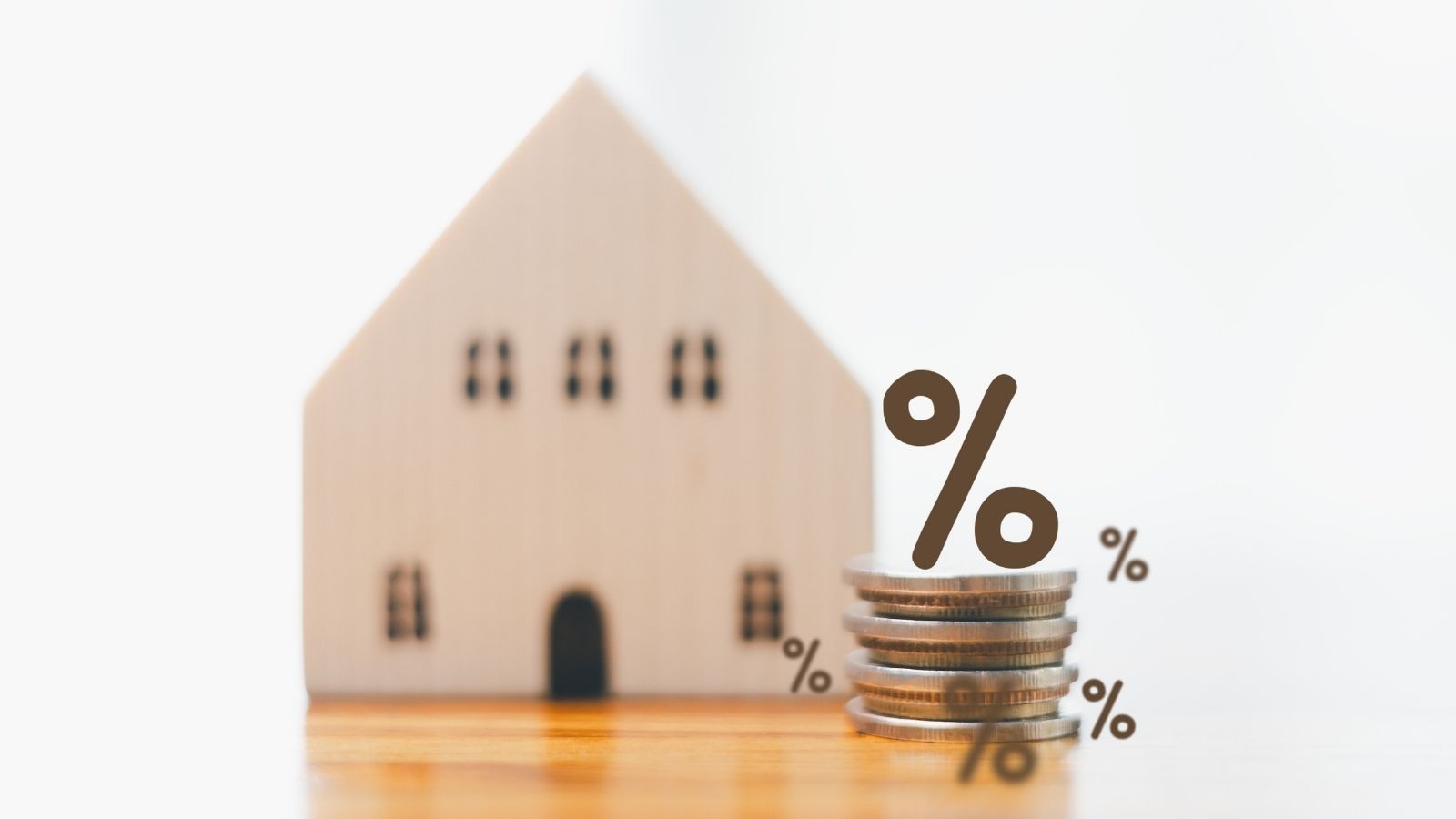
Affordable housing is becoming increasingly scarce in many regions as developers focus on building luxury apartments. Renters in lower and intermediate income brackets are left with fewer options as a result, which frequently forces them to live in less appealing neighborhoods or increases the amount of money they must spend for rent.
Longer Commutes for Affordable Rent

Many renters are finding that they need to move further away from city centers to find affordable housing. This frequently entails lengthier commutes, which can result in increased transportation expenses, a lower standard of living and less time spent engaging in leisure activities or spending with family.
Increase in Co-Living and Shared Spaces

As rents rise, more renters are turning to co-living arrangements, where multiple tenants share common spaces to reduce costs. While this can make rent more affordable, it also comes with challenges related to privacy and personal space, and it may not be ideal for families or individuals seeking solitude.
More Renters Turn to Subleasing

In an attempt to lower rental costs, more people are subleasing their apartments, either temporarily or long-term. This can provide financial relief, but subleases often come with risks, including legal complications if not approved by the original landlord.
Difficulty Saving for Homeownership

With higher rents eating into monthly budgets, many renters are finding it increasingly difficult to save for a down payment on a home. As rent continues to rise, the prospect of homeownership feels more distant, especially for younger generations.
Delayed Life Milestones
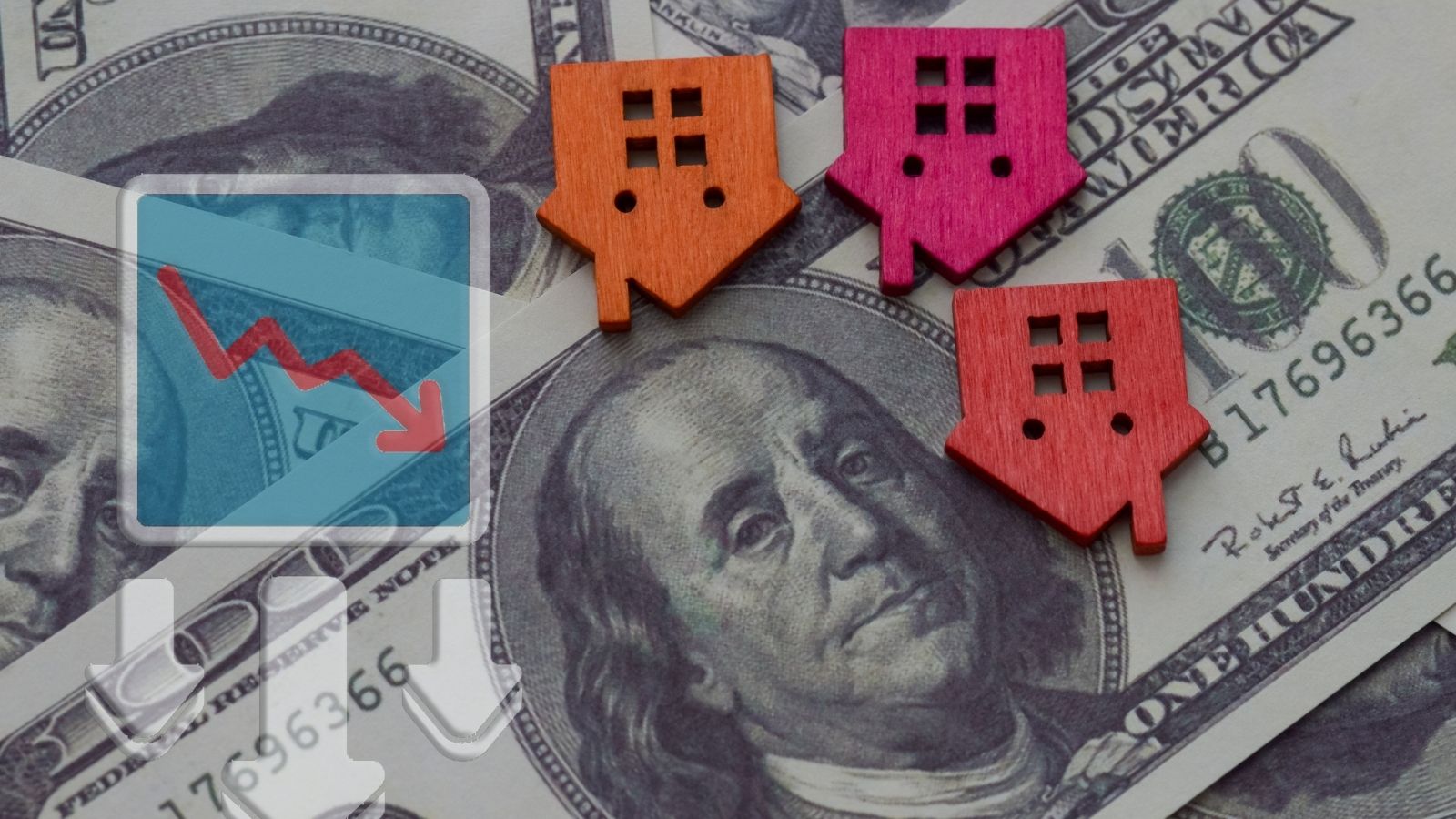
Renters burdened by high costs are delaying major life events such as marriage, starting a family, or even pursuing further education. Renters who are struggling financially are postponing important life milestones like getting married, starting a family or even going back to school. Long-term financial and personal goals may be significantly impacted by the financial hardship brought on by rising rents.
Renters Paying for More Utilities

Landlords who previously covered utilities like water, trash, and heating are increasingly shifting these costs onto renters. This practice, known as “utility pass-through,” means renters are responsible for a larger portion of their housing costs, further stretching their budgets.
Rent Control Losing Effectiveness

In areas with rent control, landlords are finding ways to work around these regulations, such as imposing additional fees or refusing to make repairs to incentivize tenants to move out. Rent regulation is therefore losing its ability to shield renters from escalating expenses.
Increased Eviction Risks

With rents on the rise and wages not keeping pace, more renters are facing eviction due to missed payments. In many cities, eviction rates are climbing, and the ripple effects of eviction,such as damaged credit scores and difficulty finding future housing, can be devastating for tenants.
18 Reasons Why People Are Leaving Florida in Masses

Exploring factors that impact the desirability of living in Florida, this list delves into various challenges shaping residents’ experiences. From environmental concerns like rising sea levels to economic factors such as fluctuating job markets, these issues collectively contribute to a nuanced understanding of the state’s appeal.
18 Reasons Why People Are Leaving Florida in Masses
